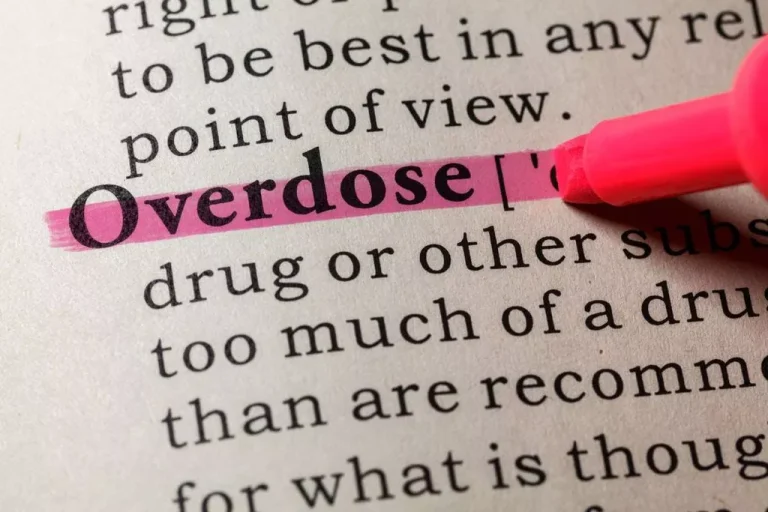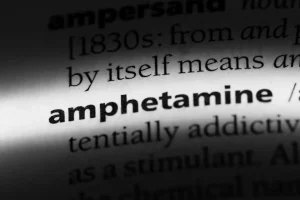
A key point in Miller’s theory is that motivation for change is “action-specific”; he argues that no one is “unmotivated,” but that people are motivated to specific actions or goals (Miller, 2006). The neurobiological basis of mindfulness in substance use and craving have also been described in recent literature40. Motivational Interviewing (MI) and motivational enhancement therapy (MET) the abstinence violation effect refers to are approaches that target motivation and decisional balance of the patient. Although MI incorporates the principles of the trans theoretical model, it has been distinguished from both trans theoretical model and CBT21. Motivation enhancement therapy (MET) is a brief, program of two to four sessions, usually held before other treatment approaches, so as to enhance treatment response24.
The reformulated cognitive-behavioral model of relapse
The four key elements of PST are problem identification, generating alternatives, decision making, implementing solutions, reviewing outcomes and revising steps where needed. Problem orientation must also be addressed in addition to these steps, and the efficacy of https://ecosoberhouse.com/oxford-house/ PST increases when problem orientation is addressed in addition to the other steps25,26. At Bedrock, we use evidence-based approaches such as cognitive-behavioral therapy (CBT) to help our clients develop coping skills and enhance resilience in the face of setbacks.

1. Nonabstinence psychosocial treatment models
Feelings of guilt, shame, and self-blame may lead people to question their ability to overcome addiction and exacerbate underlying issues of low self-esteem. Overall, the Abstinence Violation Effect is a complex phenomenon influenced by a combination of cognitive, emotional, and biological factors. This is an open-access report distributed under the terms of the Creative Commons Public Domain License. You can copy, modify, distribute and perform the work, even for commercial purposes, all without asking permission. For example, I am a failure (labeling) and will never be successful with abstaining from drinking, eating healthier, or exercising (jumping to conclusions).
Effects of temporary withdrawal from regular running
Although withdrawal is usually viewed as a physiological process, recent theory emphasizes the importance of behavioral withdrawal processes [66]. Current theory and research indicate that physiological components of drug withdrawal may be motivationally inert, with the core motivational constituent of withdrawal being negative affect [25,66]. Thus, examining withdrawal in relation to relapse may only prove useful to the extent that negative affect is assessed adequately [64]. Expectancy research has recently started examining the influences of implicit cognitive processes, generally defined as those operating automatically or outside conscious awareness [54,55].

Addiction Biology
The dynamic model further emphasizes the importance of nonlinear relationships and timing/sequencing of events. For instance, in a high-risk context, a slight and momentary drop in self-efficacy could have a disproportionate impact on other relapse antecedents (negative affect, expectancies) [8]. Furthermore, the strength of proximal influences on relapse may vary based on distal risk factors, with these relationships becoming increasingly nonlinear as distal risk increases [31]. For example, one could imagine a situation whereby a client who is relatively committed to abstinence from alcohol encounters a neighbor who invites the client into his home for a drink. Feeling somewhat uncomfortable with the offer the client might experience a slight decrease in self-efficacy, which cascades into positive outcome expectancies about the potential effects of having a drink as well as feelings of shame or guilt about saying no to his neighbor’s offer. Importantly, this client might not have ever considered such an invitation as a high-risk situation, yet various contextual factors may interact to predict a lapse.
- In this case, individuals try to explain to themselves why they violated their goal of abstinence.
- Gillian Steckler is a research assistant for Dr Katie Witkiewitz at Washington State University Vancouver where she also attended and received a bachelor of science degree in psychology.
- We sought to address this gap by reviewing the current state of knowledge on the effects of abstinence from behaviors most commonly investigated within behavioral addiction research.
- Despite findings like these, many studies of treatment mechanisms have failed to show that theoretical mediators account for salutary effects of CBT-based interventions.


